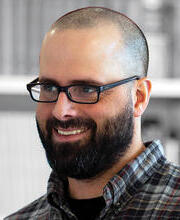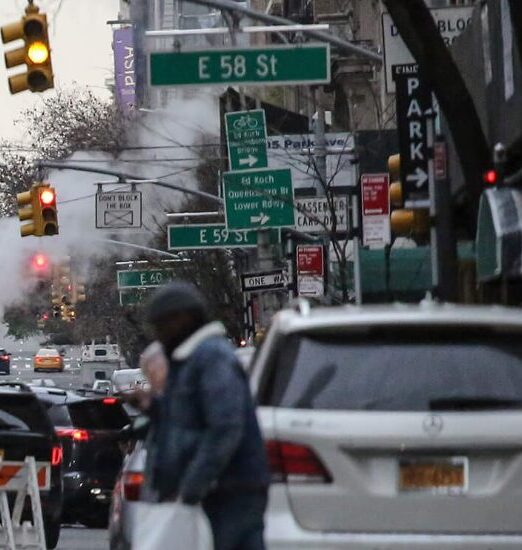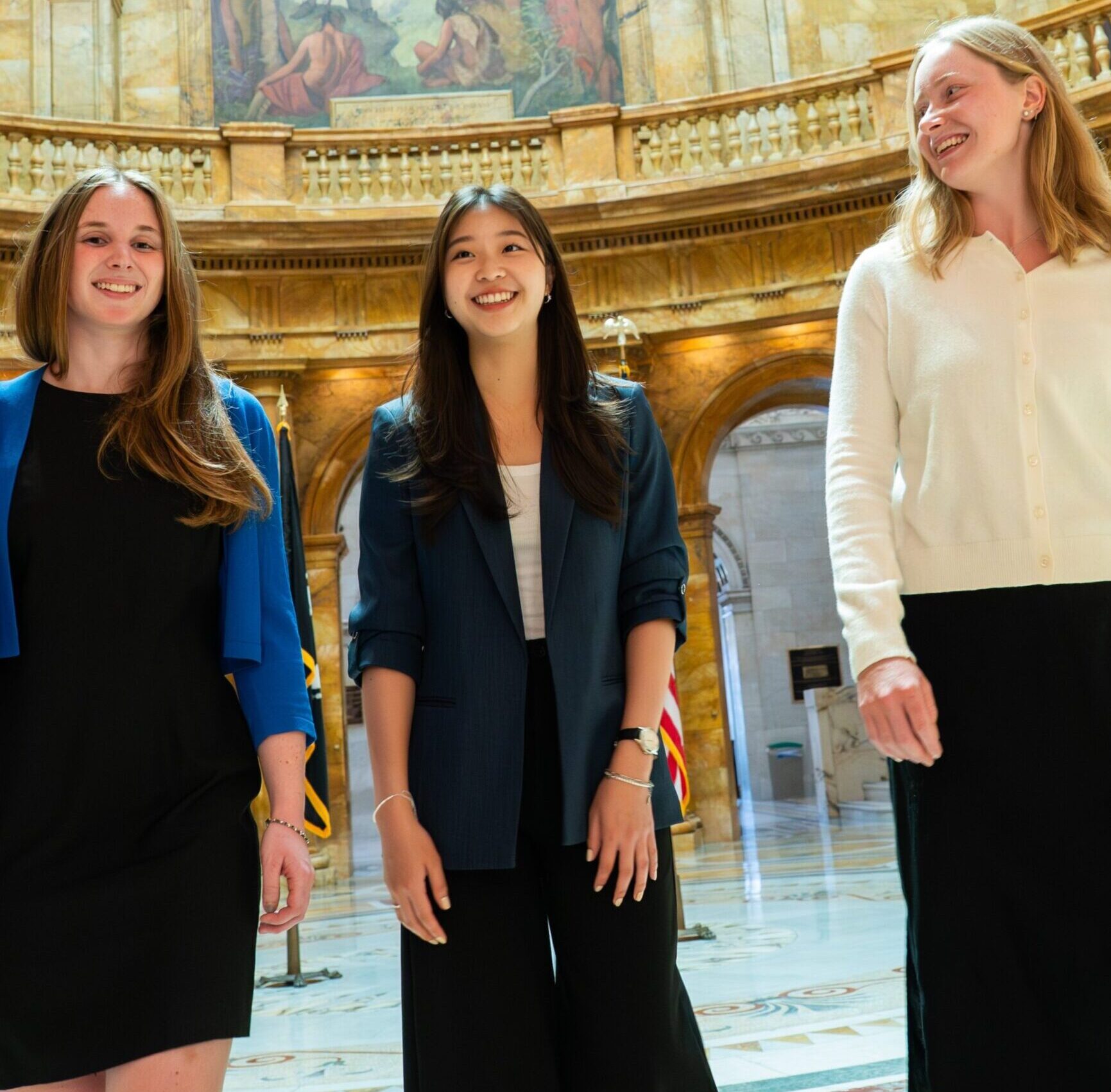
Theodore Betley
Department Chair, Director of Graduate Studies, Erving Professor of Chemistry
Profile
Outside professional activities
Profile
The Betley group works in the field of synthetic inorganic chemistry to design new complexes capable of activating unreactive chemical bonds. We design catalysts comprised of first-row transition elements where precise control of the molecular electronic structure leads to reactivity in organometallic catalysis and small molecule activation. Using nominally high-spin complexes, we have discovered reactive iron-based catalysts for C–H bond functionalization and polynuclear complexes capable of effecting multi-electron, small molecule activation reactions. This work relies on expertise in air-free synthesis and wide array of spectroscopic and theoretical analysis. Prior to joining Harvard, Ted completed a BSE in Chemical Engineering at the University of Michigan, a PhD in Inorganic Chemistry at Caltech under the supervision of Jonas Peters, and a NRSA postdoctoral fellowship at MIT with Dan Nocera. Ted has been recognized by the Technology Review as one of the top 35 US technological innovators, as well as by the NSF, DOE, and DOD with Early Career Awards.
Contact
Email: betley@chemistry.harvard.edu
Phone: 617-496-9944
Additional Website: https://chemistry.harvard.edu/people/theodore-betley
Expertise
Synthetic Inorganic Chemistry
Outside professional activities
Outside Professional Activities
In the spirit of transparency and integrity, Salata Institute Faculty Associates disclose publicly their key professional activities outside of Harvard University. The activities disclosed below are for the most recent reporting period, as defined by University policy. Some of the activities may be paid, some may be unpaid, and others may be in exchange for expense reimbursement only.
Outside Professional Activities For Theodore Betley
Organizations:
Relationships:
Outside Activities Information Pending
The Salata institute
The Salata Institute supports interdisciplinary research that leads to real-world action, including high-risk/high-reward projects by researchers already working in the climate area and new endeavors that make it easier for Harvard scholars, who have not worked on climate problems, to do so.









